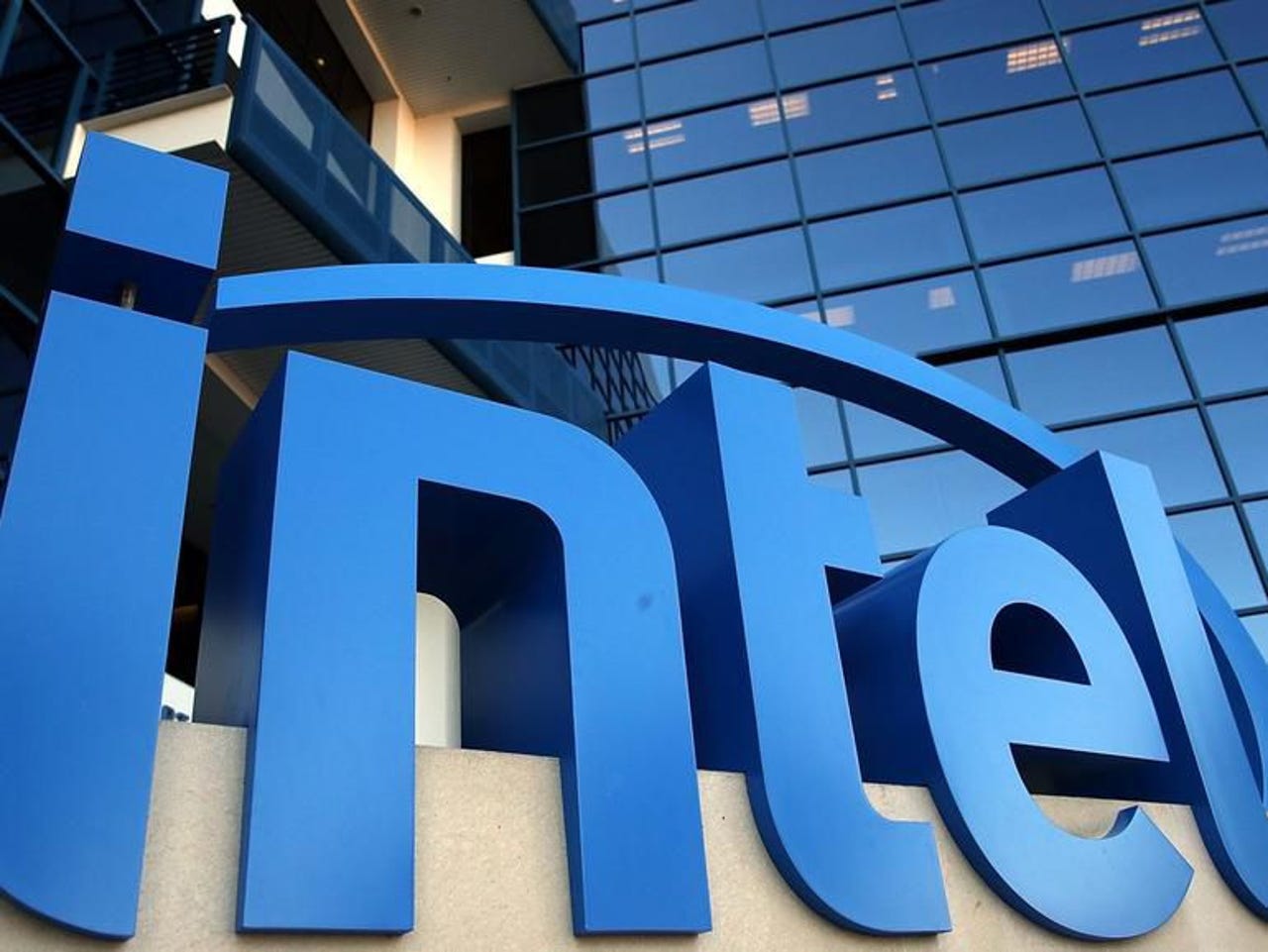Intel launches AI-enabled anti-money laundering advisor

Leveraging the technology it gained via its 2015 acquisition of Saffron, Intel on Wednesday launched the Saffron anti-money laundering (AML) Advisor -- the first product on the market, Intel says, to use "associative memory" AI for the financial services sector.
Featured
Intel Saffron's associative memory AI mimics the way the human brain learns and creates new associations, and then recalls connected information. It can fuse together associated information from different data stores, surfacing similarities and anomalies that otherwise would've remained hidden.
Utilizing associative memory, the AML Advisor promises to detect financial crime by unifying structured and unstructured data from enterprise systems, email, web, and other data sources. It can surface patterns from that data and transparently explain how the connections were identified, helping organizations catch money launderers.
"The amount of data that banks and insurers collect is growing at massive scale, doubling every two years," Gayle Sheppard, VP and GM of Saffron AI Group at Intel, said in a statement. "While the quantity of data is growing, so are the types and sources of data, which means today that much of the data isn't queried for insights, because it's simply not accessible with traditional tools at scale."
Because AML Advisor surfaces patterns in a transparent way, it helps financial services organizations comply with regulatory standards by explaining the rationale behind recommendations.
Unlike traditional machine learning methods, the AML Advisor offers "continuous learning." In other words, it doesn't require domain-specific models or training and retraining. This helps surface insights more quickly and is especially useful in a dynamic landscape like financial services.
Intel on Wednesday also announced the Intel Saffron Early Adopter Program (EAP) for organizations that want "the first-mover advantage" in the use of associative memory AI. The Bank of New Zealand (BNZ) has joined the Intel Saffron EAP, expanding its existing relationship with Intel.
PREVIOUS AND RELATED COVERAGE
Intel's self-learning AI chip aimed at autonomous machines
Intel said its new AI test chip combines training and inference, meaning autonomous machines can adapt to learnings from their environment in real time instead of waiting for updates from the cloud.
Intel announces self-learning AI chip Loihi
Intel has announced a neuromorphic artificial intelligence (AI) test chip named Loihi, which it said is aimed at mimicking brain functions by learning from data gained from its environment.
